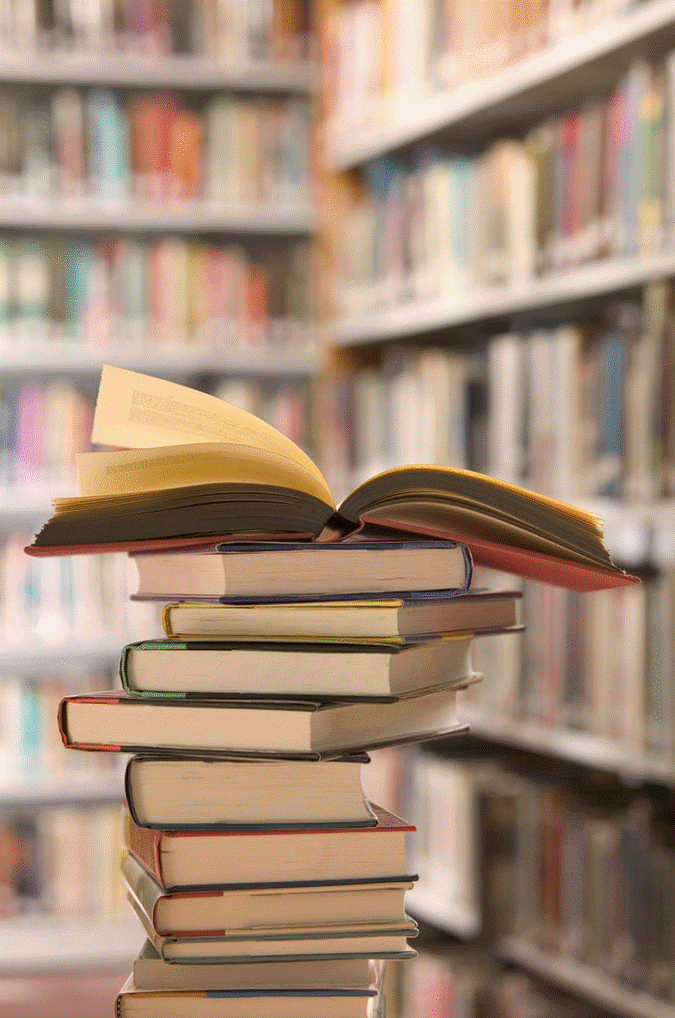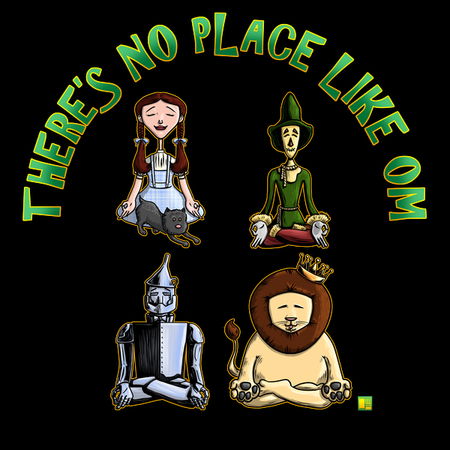 You are not reading enough
You are not reading enough
Has the Internet killed the joys of sitting down with a good book?
By Mark Morford, SF Gate Columnist
Wednesday, July 9, 2008
The pile is waiting. The pile is getting higher. The pile looks impressive, probably isn't, still feels slightly overwhelming, vaguely threatening, even as it sighs, waits, drums its fingers on the inside of my skull, promising all manner of wonder and insight and syntactical bliss if I'd just, please, maybe, right now, even for just an hour or three, pay it some serious, focused attention. Please? It's a bit of a problem. More than that, it's a moral, ethical, personal issue, a deep indignity of the soul, a painful twist to the nipple of my id.
See, I love books. Admire and appreciate and adore. Was a lit major at Berkeley, read voraciously, still love to read, still like to consider myself a big consumer of books and deep thinker about bookish issues and ideas and authoralia.
And yet, if I'm painfully honest, I have to admit it: I barely read books anymore. Not nearly like I used to, anyway. Not for a long, long time. And chances are, if you're at all addicted to the new media vortex, neither do you.
It's become a social conundrum, a cultural sore spot, a morose sign of the times. The question has been posed by agents and writers and a confused, hyperconsolidating publishing industry: What happened to all the readers? What happened to the culture of books? And the hint of fatalism, just underneath: If few truly read anymore, what of the state of the American mind? How much more dumbing down can we possibly stand?
Oh sure, books still sell, product is moving like crazy, but by and large it's truckloads of self-help and how-to flooding over a precious handful of sure-hit novelists, topped off with the grand cherry that is Oprah, single handedly keeping the tepid melodramatic coming-of-age family saga alive. In between, 18 zillion copies of "Eat, Pray, Love."
But overall, the message is bleak: Fewer writers of real talent are being discovered, fewer publishers are willing to take any sort of risk, and serious, literary-minded reading, that glorious pastime, that fine personal art, the immersive and transportive and beautiful intellectual fertilizer, appears to be giving way to the more addictive but far less nourishing hellbeast of new media and the Net.
It's an easy beast to blame. I skimmed through Nicholas Carr's fascinating and depressing piece in the recent Atlantic Monthly ("Is Google Making Us Stupid?"), which talks up, among other things, the downfall of deep reading, of spending uninterrupted hours immersed in a literary tome or even a long essay, a victim to modern media's vicious ADD, short-attention-span approach to engaging the world of ideas.
Carr's upshot: The Net might actually be rewiring our brains, changing the way we read because it's changing the way we think, forcibly adapting us to tolerate only bite-sized summations and simplified blips at the expense of deeper thought, of the ability to parse ideas, to sink in for a long, committed intellectual journey.
Proof? That's easy: Just try to sit down with that dense copy of W.G. Sebald or Haruki Murakami after spending any portion of your week online, and watch as your Net-addled brain becomes almost instantly anxious and frustrated, eager after just a couple thousand words to jump away, ogle pictures, watch dumb teens humiliate themselves on YouTube, buy some shoes.
Christ, if TV numbs you out, encourages a passive, flaccid state of intellectual disengagement, the Net does the opposite, slamming so many tiny shots of pseudo-meaning and media and nothingness into your brain over the course of a few hours, it's like getting stung by a swarm of horny bees.
It seems all dour and dreary and unfortunate because not a week goes by that you don't hear about some gloomy book fair or publishing industry merger or the death of a legendary independent bookstore that just couldn't compete not only with Amazon, but with a generation trained to read nothing more challenging or lengthy than grammatically mangled e-mails or snarky text messages or snide 300-word pop culture takedowns on Gawker.
Ah, but I do believe all is not lost. There is lingering hope. I am moderately sure a brain thusly amped on the wicked energy drink of the Web can, through honest time spent, through forcibly yanking the Ethernet cable out of one's cerebral cortex, be re-rewired, untrained, re-addicted to the deeper juice. In fact, it isn't that difficult, really. We just like to think it is.
I can personally attest. About a year ago the most astounding thing happened: The hard drive on my MacBook suffered a rare and painful meltdown when I was away on vacation. I was, much to my initial horror, to be e-mail/Net-free for over a week. What was I missing? Who was e-mailing? What about all the blogs and the news and the Significant Global Happenings? What of all the salacious offerings of nubile flesh and social wonderment stroking my in-box as I sat there, entirely cut off and adrift?
Mercifully, the yoga kicked in and I quickly shrugged, sighed, noted the incredible opportunity, the gods trying to tell me to unplug. I hit the bookstore and bought three thick, sticky literary novels like a misguided vegan buys some grass-fed steaks for the first time, and devoured them whole.
As I did so, an amazing thing happened. Time slowed down. The brain quickly returned to its normal breathing. The mental seizures and the near-constant desire to click away and leap to something different, faded and soon vanished. And the books I so loved suddenly moved from the bottom of the intellectual priority list straight back to their original, top-tiered state of grace.
I vowed to never let them drop so low again.
Even though, right now, they have. Even though, right now, even as I add to the glorious pile of must-reads on my desk, I realize I've been sucked back into Net-time again, back to the world of instant feedback and clickable everything, as the pile grows heavy and scornful and lonely. Ah but here again, an opportunity. For it is here that I remember the most wonderfully humbling lesson of all ...
When I finally got my precious MacBook back, when all e-mail was restored and all Net access was re-granted and I was able to dive back into the perky digital maelstrom, when I spent a few hours and got all caught up, it finally hit me: I'd missed exactly nothing. The world was exactly the same. The beautiful churn continued, same as it ever was, with or without me. Isn't that fantastic? Someone should write a book about it.
for Octavio
There's a book called
"A Dictionary of Angels."
No one has opened it in fifty years,
I know, because when I did,
The covers creaked, the pages
Crumbled. There I discovered
The angels were once as plentiful
As species of flies.
The sky at dusk
Used to be thick with them.
You had to wave both arms
Just to keep them away.
Now the sun is shining
Through the tall windows.
The library is a quiet place.
Angels and gods huddled
In dark unopened books.
The great secret lies
On some shelf Miss Jones
Passes every day on her rounds.
She's very tall, so she keeps
Her head tipped as if listening.
The books are whispering.
I hear nothing, but she does.
QUOTE: "To those with ears to hear, libraries are really very noisy places. On their shelves we hear the captured voices of the centuries-old conversation that makes up our civilization." ~ Timothy Healy
 You are not reading enough
You are not reading enough




























No comments:
Post a Comment